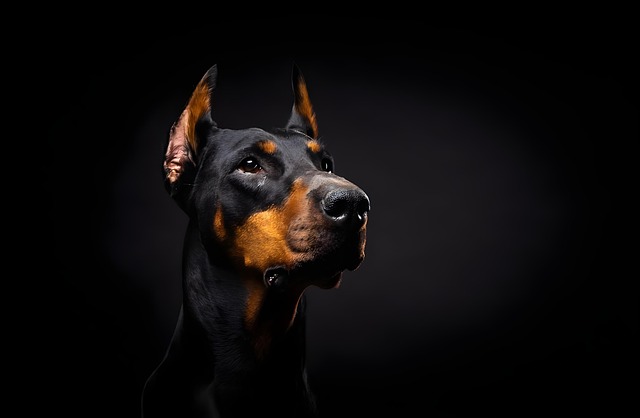
How to test for tetanus in dogs?
Tetanus in dogs often starts with subtle signs most owners miss—like a stiff jaw when grabbing a favorite chew toy or hesitation to climb stairs they once bounded up.
If you’ve recently welcomed a wiggly puppy into your home, you might have noticed some head-scratching behaviors: sudden interest in gnawing your coffee table legs, extra slobber on your favorite blanket, or even a tiny nip when you reach for their collar. These aren’t just signs of a mischievous pup—chances are, they’re teething. Most puppies start this phase around 4 months old, and it can last until they’re 6 or 7 months, leaving both you and your furry friend navigating some new challenges.
Teething happens because those tiny baby teeth, which popped up when they were just a few weeks old, start to loosen as adult teeth push through. Imagine how sore your gums feel when a tooth is coming in—that’s exactly what your pup is experiencing. Their gums get tender, itchy, and sometimes a little swollen, making them want to chew anything to ease the pressure. You might spot them pawing at their mouth, or notice their breath smells a bit stronger than usual—totally normal, thanks to those shifting teeth and extra saliva.
So what can you do to help? Start with cold, safe options: freeze a wet washcloth (twist it into a knot for easy gripping) or a rubber chew toy designed for teething. The cold numbs their gums, and the texture gives them the relief they crave. I know a golden retriever owner in Denver who keeps a rotation of frozen toys in her freezer—her pup, Max, learned to nudge the freezer door when he needed a “cool treat,” avoiding the couch cushions entirely. When they go for something off-limits, like your shoes, gently swap it for their toy and say “good choice!” in an excited voice. They’ll catch on faster than you think.
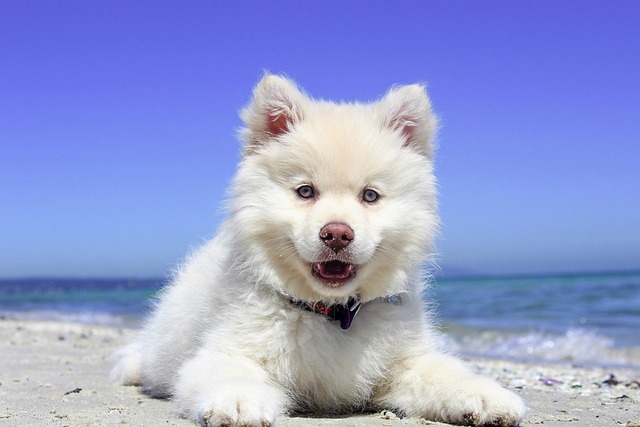
While managing teething, don’t overlook the basics of responsible pet ownership. In most U.S. states, puppies need their rabies vaccine by 4 months old—check your county’s rules, as some require proof when licensing your pup. And even if your teething pup is distracted, always grab a poop bag on walks. A neighbor in Seattle once told me she keeps a stash in her pocket; one rainy day, her teething pup had an unexpected accident, and she was glad she was prepared—no fines, and happy neighbors.
Training during teething needs patience, and here’s a key point: never scold or hit your pup for chewing. It confuses them—they’re not being “bad,” just trying to soothe sore gums. Positive reinforcement works wonders: a tiny treat or extra belly rub when they chew their toy builds trust. This aligns with animal welfare norms across Europe and the U.S., where kindness is always the best approach.
If you live in an apartment, keep noise in mind. Hard plastic toys can clatter on floors, so opt for rubber ones—quieter and gentler on their teeth. When walking in your building or community, keep them on a short leash. Even a teething pup can get overexcited and jump on kids or seniors, which no one appreciates. In places like Brooklyn, where sidewalks are busy, a calm, controlled pup makes everyone’s day better.

Tetanus in dogs often starts with subtle signs most owners miss—like a stiff jaw when grabbing a favorite chew toy or hesitation to climb stairs they once bounded up.
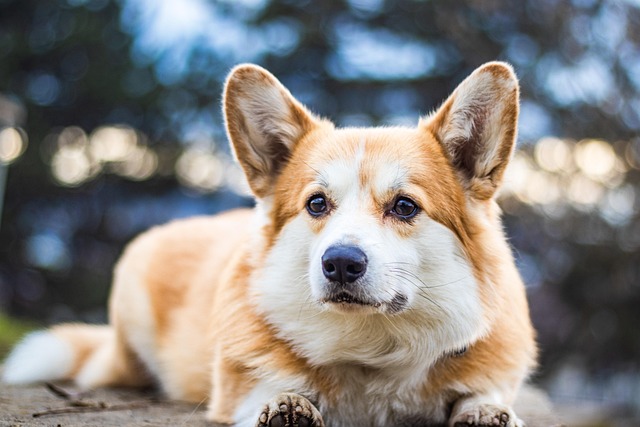
If you’re a new dog parent in the US—maybe you’re standing in your Ohio apartment’s pet store aisle, holding a bag labeled “senior dog food” while your 8-year-old Dachshund
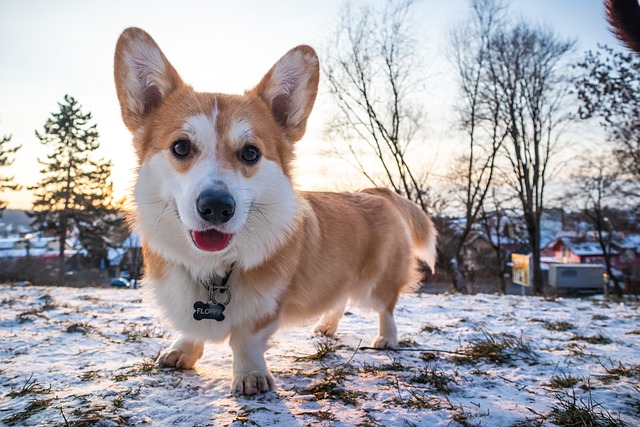
If you’re a new dog parent to a senior pup in the US—maybe you’re standing in your Florida apartment’s pet food aisle
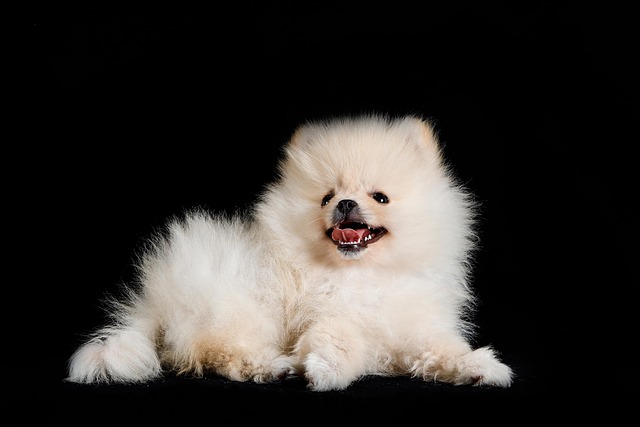
Pet owners often worry about hidden health risks for their dogs, and toxoplasmosis is one that flies under the radar for many—understanding how dogs pick it up is key to keeping them safe.
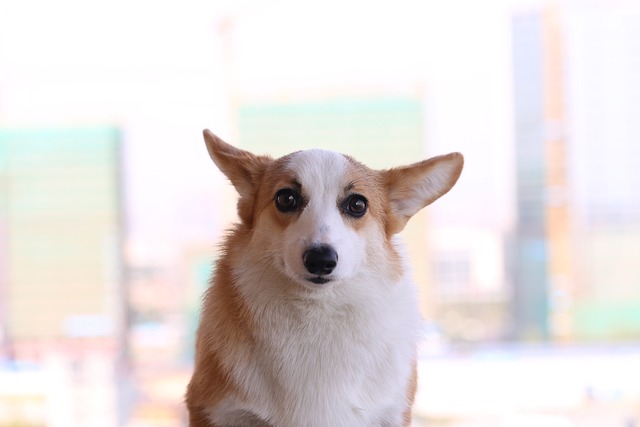
If you’re a new dog parent in the US—maybe you’re standing in your Chicago apartment, staring at your 7-month-old Poodle mix, Bella
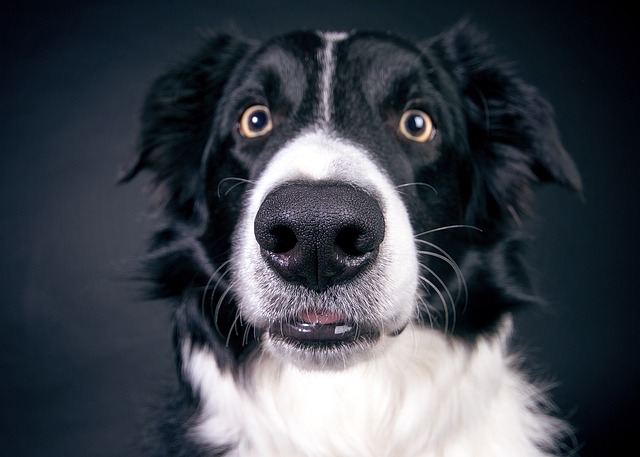
Tetanus in dogs comes from bacteria entering open wounds—think a deep cut from a rusty fence nail during a walk, or a scraped paw from digging in contaminated soil.